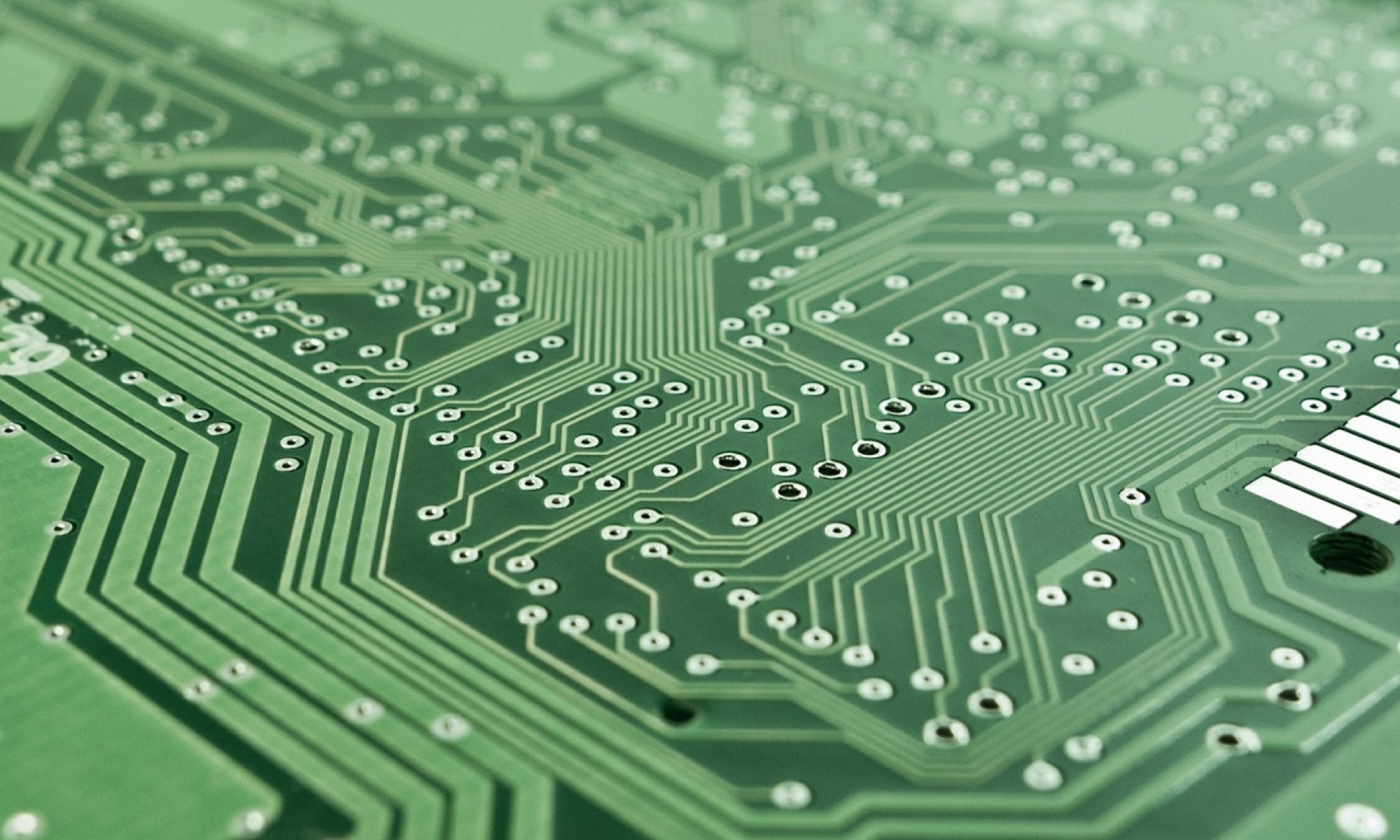“P3” is the US Environmental Protection Agency’s “People, Prosperity, and Planet Student Design Competition for Sustainability.” As stated on the program website, this is “a unique college competition for designing solutions for a sustainable future. P3 offers students quality hands-on experience that brings their classroom learning to life. The competition has two phases. For the first phase of the competition, teams are awarded a $15,000 grant to develop their idea. They bring the design in April to the National Sustainable Design Expo in Washington, DC to compete for the P3 Award and a grant of $90,000 to take their design to real world application.” Teams are meant to be interdisciplinary and composed of undergraduates and/or graduates, and the main goals of the program are to engage future scientists and members of industry in innovation for sustainability, while fostering the demonstration and development of sustainable technologies.
The current solicitation closes December 17, 2013. EPA anticipates funding approximately 40 grants for Phase I under this RFA. The projected EPA award amount for each Phase I grant is up to $15,000 for its one year duration. The current Request for Applications is available here, and guidance on how to apply is available at http://www.epa.gov/ncer/p3/apply/index.html. Application materials and a list of EPA contacts are available at http://www.epa.gov/ncer/rfa/2014/2014_p3.html#Materials.
The program has been around for several years (see the archive of past P3 projects on the program website), but few P3 projects have focused specifically on sustainable electronics issues. Some notable examples include a New Jersey Institute of Technology proposal for development of a “National Electronics Product Reuse and Recycling System,” and the recent Purdue University project related to “Recycling of Liquid Crystal Displays for Maximum Resource Recovery.” (Dr. Fu Zhao recently visited the Illinois Sustainable Technology Center (ISTC) to present a seminar/webinar on the LCD monitor recycling project; the archived presentation, slides and abstract are available in the ISTC Sustainability Seminars archive.) Other projects have focused on creating more energy efficient electronic devices, such as the East Central University project on “Making a Solid State Organic Photovoltaic Cell More Efficient and Economically Viable.” Still others are tangentially relevant to a more sustainable system for electronics because they focus on issues like consumer awareness (e.g. the University of Michigan–Ann Arbor “AWARE” concept for informing purchasing decisions) or using electronics to help solve real world sustainability problems (e.g. concepts for LED lighting applications in developing countries, like those proposed by student teams from the University of Illinois at Urbana-Champaign or the Rochester Institute of Technology).
As Dr. Zhao pointed out in his presentation on the Purdue LCD monitor recycling project, there is great potential for more P3 teams to focus on sustainable electronics issues. In fact, if you read the current P3 Request for Applications closely, a list of research areas is listed and applications are expected to address one or more of these areas. See Part E under Section I: Funding Opportunity Description at http://www.epa.gov/ncer/rfa/2014/2014_p3.html#Synopsis. One of these areas is “Materials and Chemicals” and examples of areas of interest listed within this overall research area include “Projects that may reduce electronics waste or promote substitution and/or recovery of rare earth rare earth elements,” “Less toxic flame retardants,” and in general the redesign of products to use less resources in production and consumption, use more environmentally benign materials, etc. So there is a current desire from the EPA to see applications focusing on more sustainable electronic product design, manufacture, consumption, and end-of-life management. Faculty researchers and students interested in these issues should consider applying for the current P3 Awards cycle, or planning to submit applications in future cycles.
If you apply and receive an award, tell us about your project in the “Comments” section of this post. SEI would love to follow your progress.
